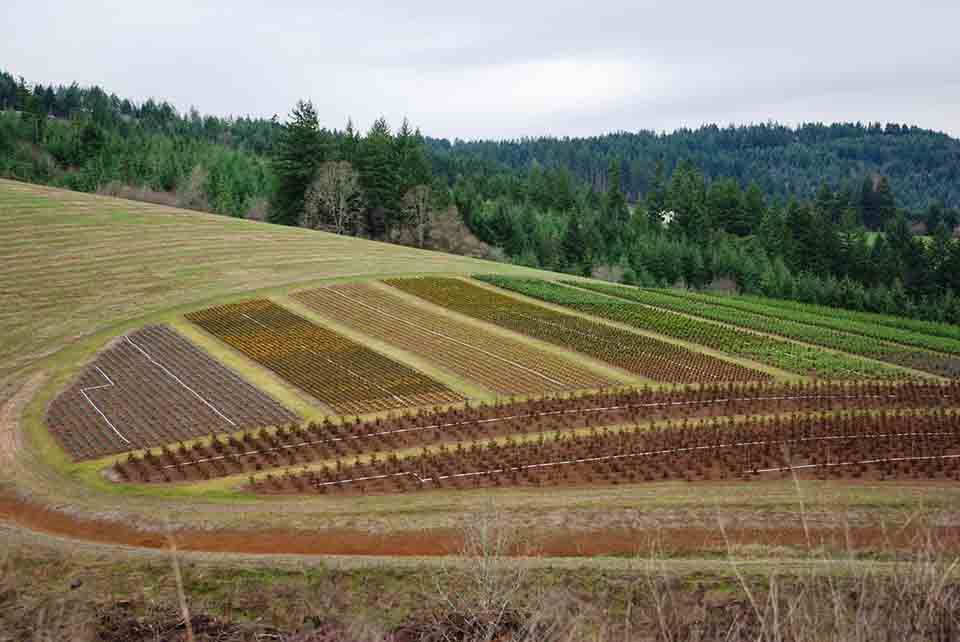Oregon Farmers May Apply To Program To Stay Afloat

Facing barriers such as access to land, training, and capital, new farmers struggle to enter into or stay afloat in the agriculture industry. The Headwaters Farm Incubator Programme has been helping farmers access affordable land and support in the industry since 2013 and is inviting new applicants.
Starting A Farm In Oregon
Without access to capital or land, starting a farm is a daunting undertaking, especially in the beginning phases. An incubator farm east of Portland, Headwaters Farm Incubator, helps farmers address some of those challenges.
Situated on the outskirts of Gresham, the 60-acre farm incubator program gives experienced farmers affordable access to land, equipment, and technical support when there is a lack of resources or support to kickstart an agricultural business.
While the market value per acre of farmland can vary- depending on whether it’s irrigated, non-irrigated, or pastureland, the value of Oregon farmland increased by 23% over the five years ending in 2022, comparing favorably with the 7% climb nationally. But farmers are also getting older.
The average age of a farmer is currently around 58, and few younger farmers, especially farmers of color, are entering the industry. Rowan Steele, the program manager at Headwaters, said there are several reasons for this.
Steele says farmland is incredibly expensive, and it’s difficult to find a route into farming if you aren’t born into it. The Headwaters Incubator Program- a tax-funded program managed by the East Multnomah Soil and Water Conservation District puts farmers into their program for up to five years to ease access to farming.
Oregon Incubator Farm Gives Farmers Support And Training
At the incubator farm, farmers receive training while renting a plot of land to grow fruit, vegetables, medicinal herbs, or flowers. Covering subjects such as best soil health practices or pest management, the farmers who graduate tend to have a network and a more concrete business plan to continue their operations elsewhere.
Farmers make investments in resources they will need after completing the Headwaters program. They build their markets to ensure they’re reliable and refine their production practices.
The program prepares the next generation of farmers, the people who will feed their communities while creating a robust, sustainable farming system according to Steele. This is especially necessary in a changing climate combined with economic instability and several other forces that make farming difficult.
Steele said they are seeing a lot of passionate new growers- people rethinking what agriculture means, not just to themselves and their business and lifestyle, but also in their community.
Applications for the Headwaters Farm Incubator Program open on October 1 and close on November 30. More information is available on their website here.
